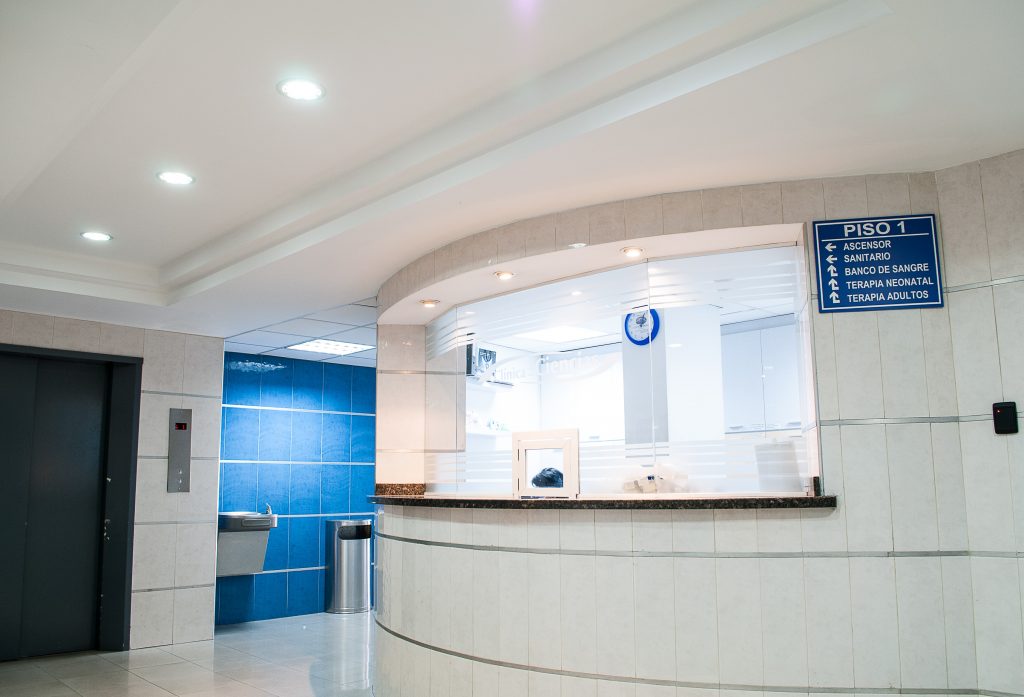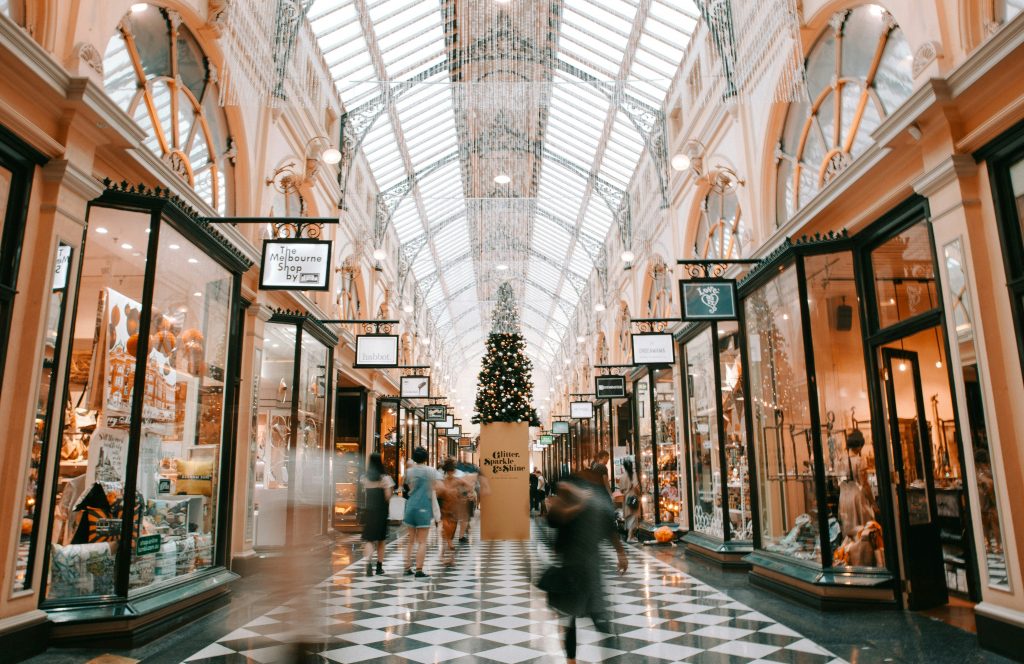 The COVID-19 pandemic shook the global workforce. The impact of the pandemic was felt by all industries, including the security industry. State and federal governments across the nation mandated lockdowns and social distancing measures, which had a significant impact on security services. But how has COVID-19 influenced the current state of the security industry and what was it like during the pandemic?
The Demand for Security Professionals
During the period of strict COVID-19 regulations, the demand for security services increased. This increase in security personnel was not unexpected and was highly welcomed as the Australian government required assistance in enforcing measures including social isolation, lockdowns, and quarantine. The general observance of rules and regulations was meant to be followed by all, but to allow for minimal business disruption to our essential businesses, security was often hired to enforce measures as required.
Many businesses have maintained a strong security presence in the current business climate to ensure that their business interests are maintained and protected both during and after business hours. Many retail establishments employ entrance security as a deterrent against theft and vandalism, while others employ mobile patrols to protect their business assets after hours. During the times of strict COVID-19 regulations, when not every business could operate and consequently had to close, this service was greatly appreciated. The use of mobile patrols as a deterrent and for intervention against theft and vandalism was, and still is, quite effective.
Crowd Control is Making a Comeback
While the security industry as a whole was on an upward trend, this was not the case throughout the industry as a whole. Crowd controllers struggled during COVID-19 due to a lack of demand for their services. The key industries of events, tourism, music, and travel all experienced significant losses and reductions, and, in some cases, the permanent closure of businesses and security contracts.
In the current climate, it can be shown that this space is once again growing. Tourism, events, and entertainment are all thriving once more, returning with new and improved events that are larger than their pre-COVID equivalents. This revitalisation of these key industries indicates an increase in the demand for crowd controllers, which is a welcome development by all.
The COVID-19 pandemic shook the global workforce. The impact of the pandemic was felt by all industries, including the security industry. State and federal governments across the nation mandated lockdowns and social distancing measures, which had a significant impact on security services. But how has COVID-19 influenced the current state of the security industry and what was it like during the pandemic?
The Demand for Security Professionals
During the period of strict COVID-19 regulations, the demand for security services increased. This increase in security personnel was not unexpected and was highly welcomed as the Australian government required assistance in enforcing measures including social isolation, lockdowns, and quarantine. The general observance of rules and regulations was meant to be followed by all, but to allow for minimal business disruption to our essential businesses, security was often hired to enforce measures as required.
Many businesses have maintained a strong security presence in the current business climate to ensure that their business interests are maintained and protected both during and after business hours. Many retail establishments employ entrance security as a deterrent against theft and vandalism, while others employ mobile patrols to protect their business assets after hours. During the times of strict COVID-19 regulations, when not every business could operate and consequently had to close, this service was greatly appreciated. The use of mobile patrols as a deterrent and for intervention against theft and vandalism was, and still is, quite effective.
Crowd Control is Making a Comeback
While the security industry as a whole was on an upward trend, this was not the case throughout the industry as a whole. Crowd controllers struggled during COVID-19 due to a lack of demand for their services. The key industries of events, tourism, music, and travel all experienced significant losses and reductions, and, in some cases, the permanent closure of businesses and security contracts.
In the current climate, it can be shown that this space is once again growing. Tourism, events, and entertainment are all thriving once more, returning with new and improved events that are larger than their pre-COVID equivalents. This revitalisation of these key industries indicates an increase in the demand for crowd controllers, which is a welcome development by all.
 Changes to Training and Licensing
In light of the fact that security was and still is an integral component of regulation and restriction rollouts, licencing requirements had to evolve to reflect the present day demands. In order to maintain a security guard licence, additional training was required regarding the enforcement of mandates, screening for COVID, and the dissemination of government information.
In addition, security officials learned ways to reduce their own susceptibility to the virus, which ultimately kept them healthy and working. They were instructed on the necessary tools and protective equipment to bring to work, and a significant portion of this training included instruction on how they could perform their duties with limited proximity and minimal interaction, thereby preventing the spread of the virus.
In post-COVID times, this training is still utilised. In a number of Australian states and territories, social distancing is still advised (but not mandated). With this training, security personnel can protect themselves against not only COVID but also various other illnesses such as the common cold and flu. Many security personnel actively choose to continue to wear basic PPE, such as a face mask, even though it is not required by law. This is an action that is not mandated but encouraged if possible.
Moving ahead
Looking to the future, the security industry is robust and optimistic about its next steps. During the times of COVID-19, security personnel played one of the most crucial roles by pursuing additional training to better assist their clients and communities. This training will maintain a stronger security workforce in the future, as there is now a greater understanding of how viruses are contracted and, of course, how to better protect ourselves and others against them.
Changes to Training and Licensing
In light of the fact that security was and still is an integral component of regulation and restriction rollouts, licencing requirements had to evolve to reflect the present day demands. In order to maintain a security guard licence, additional training was required regarding the enforcement of mandates, screening for COVID, and the dissemination of government information.
In addition, security officials learned ways to reduce their own susceptibility to the virus, which ultimately kept them healthy and working. They were instructed on the necessary tools and protective equipment to bring to work, and a significant portion of this training included instruction on how they could perform their duties with limited proximity and minimal interaction, thereby preventing the spread of the virus.
In post-COVID times, this training is still utilised. In a number of Australian states and territories, social distancing is still advised (but not mandated). With this training, security personnel can protect themselves against not only COVID but also various other illnesses such as the common cold and flu. Many security personnel actively choose to continue to wear basic PPE, such as a face mask, even though it is not required by law. This is an action that is not mandated but encouraged if possible.
Moving ahead
Looking to the future, the security industry is robust and optimistic about its next steps. During the times of COVID-19, security personnel played one of the most crucial roles by pursuing additional training to better assist their clients and communities. This training will maintain a stronger security workforce in the future, as there is now a greater understanding of how viruses are contracted and, of course, how to better protect ourselves and others against them. 


